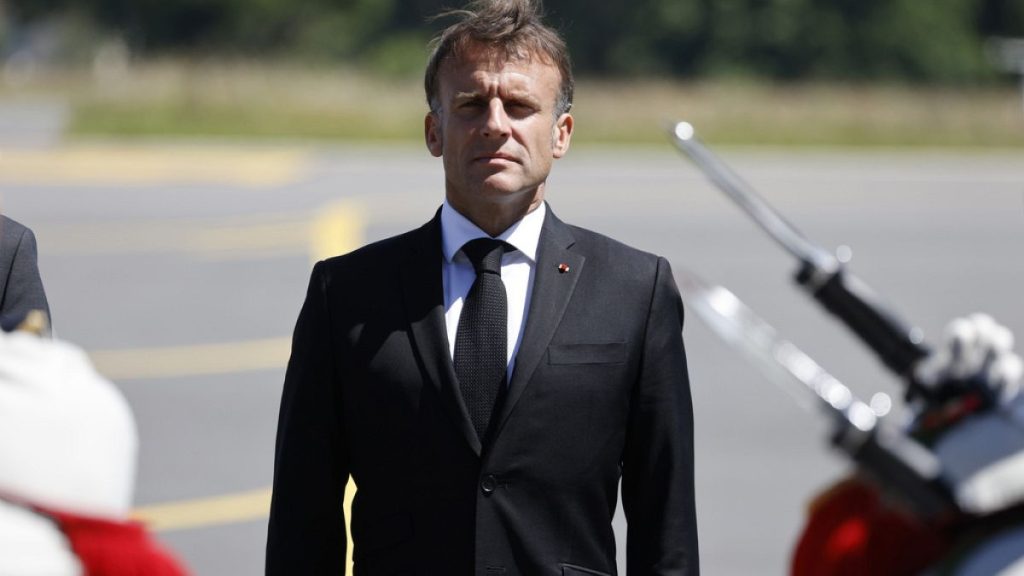After suffering a defeat in the European elections to the far-right National Rally, French President Emmanuel Macron made the decision to dissolve the National Assembly and call for early parliamentary elections. The French electorate is set to return to the polls on June 30 and July 7 as Macron aims to avoid potential political weakness and instability that could arise from the election results. Analysts suggest that Macron’s move is a way to prevent a clear majority for the far-right in France, which would pose challenges for both the country and the European Union. The focus on national issues and the intense scrutiny on the president during the European election campaign has influenced this decision, reflecting a common trend in European politics.
The European election results have had immediate ramifications on the French political landscape, prompting Macron to take decisive action to maintain his influence on the European agenda. There is a concern that if Macron’s political standing in France deteriorates, he may lose his ability to shape European policies and decisions. This highlights the interconnected nature of national and European politics, as decisions made at a domestic level can impact a country’s position within the European Union. The new electoral schedule in France is not expected to disrupt upcoming appointments to European institution positions, such as the selection of the President of the European Commission in July.
The early parliamentary elections called by Macron come in response to the National Rally’s success in the European elections and aim to prevent further challenges to his political authority in France. By dissolving the National Assembly, Macron seeks to reset the political landscape and create a clearer choice for voters, potentially avoiding the rise of a far-right majority. The move is seen as a strategic decision to address the immediate consequences of the European election results and to secure Macron’s position as a key player in European politics. The balancing act between national and European interests highlights the complexities of contemporary European politics.
Analysts emphasize that Macron’s decision to dissolve the National Assembly and call for early parliamentary elections is part of a broader trend in European politics, where national issues intersect with European agendas. The scrutiny on Macron during the European election campaign has created a situation where his political future is tied to the upcoming parliamentary elections. The need for a clear choice in French politics reflects concerns about the potential influence of the far-right in the country and its impact on both domestic policies and European partnerships. This strategic move by Macron indicates the challenges of navigating between national and European dynamics in a rapidly changing political landscape.
The upcoming early parliamentary elections in France will be closely watched as they have significant implications not only for the country but also for the European Union. Macron’s decision to dissolve the National Assembly and reset the political landscape reflects his determination to address the challenges posed by the European election results. The timing of the elections, set for late June and early July, allows for minimal disruptions to upcoming European institution appointments. Macron’s ability to navigate this critical juncture in French politics will have ripple effects on the broader European political scene, highlighting the interplay between national and European interests. The outcome of the parliamentary elections will shape the future direction of French politics and its impact on the European Union as a whole.
In conclusion, Macron’s decision to dissolve the National Assembly and call for early parliamentary elections in response to the European election results reflects the complexities of contemporary European politics. The need for a clear choice in French politics and the potential rise of the far-right underscore the challenges faced by Macron in navigating both national and European interests. The upcoming parliamentary elections will be closely watched for their implications on French politics and the broader European Union, highlighting the interconnected nature of national and European dynamics. Macron’s strategic move aims to secure his political standing and influence on the European agenda, underscoring the importance of addressing the immediate consequences of the European election results in shaping the future of French and European politics.


